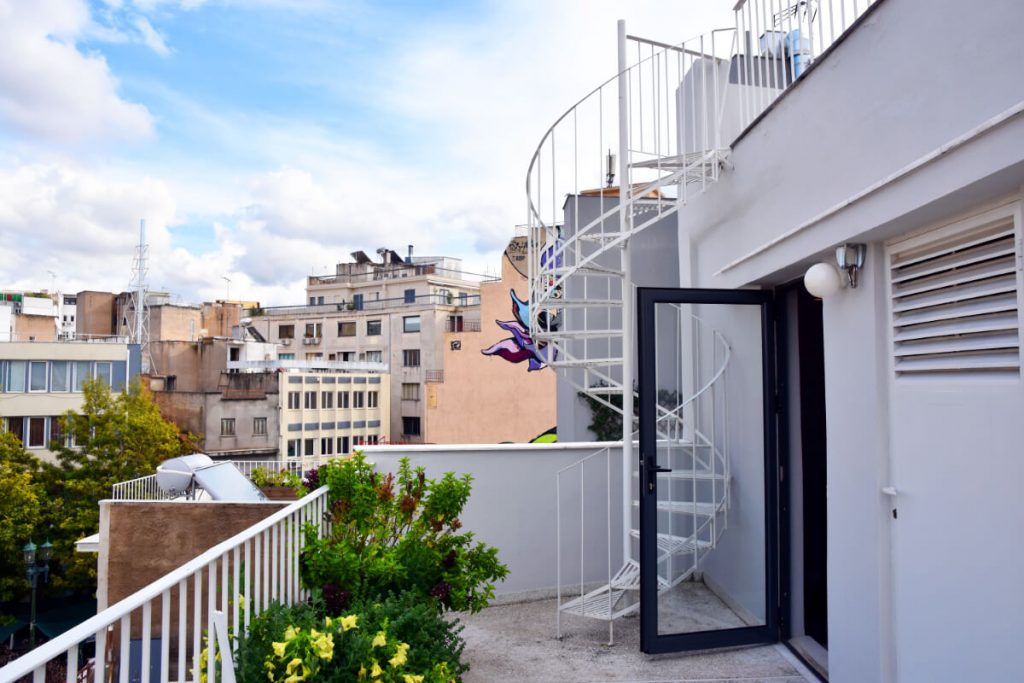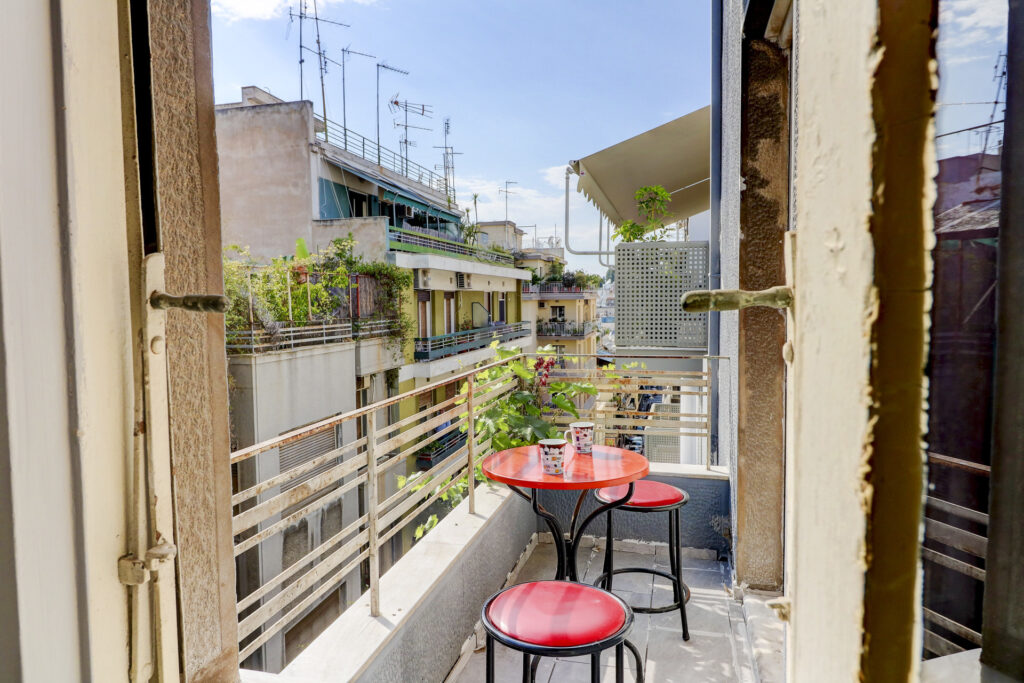Buying a house anywhere can be a daunting task but particularly so in a country like Greece where laws constantly change and the economy experiences large swings.
Sotheby’s has put together a list of Q and A’s for those interested in getting a place under the Greek sun, providing some basic information on what buyers need to be aware of.
We have picked the top ten points from the list to help buyers make decisions with more confidence. The full list from Sotheby’s can be seen here.
1. Do I need a lawyer/solicitor to buy a property in Greece?
No, not anymore as a legal requirement. However it is highly advisable as solicitors carry out legal due diligence and conduct a property title check going back over 20 years; they ensure the property is free of any mortgage notes, claims, expropriations, rights-of-way, and, in general, any legal encumbrances. In addition, solicitors ensure that all property taxes burdening the vendor have been paid.
2. Do I need a notary to buy a property in Greece?
Yes. A notary public is a government-appointed lawyer who processes and certifies all real estate transactions, including drawing up and reviewing all official documents, to ensure the legal transfer of the property.
3. Do I need an accountant when buying a property in Greece?
Yes. It is essential to hire an accountant early on to help you with tax returns and explain property taxation.
4. Do I need a land surveyor when buying a property in Greece?
Yes. Property Surveyors ensure that all acts associated with the building licensing of the property are based on lawful planning permissions. They are usually outsourced by the appointed Greek Law Firm.
5. Do I need a Tax Registry Number (AFM) in order to buy a property in Greece?
Yes. This tax number (AFM) is mandatory for all property buyers, including foreigners and permanent residents abroad. It is issued on the spot at tax offices, free of charge.
6. What is a property’s Tax Assessed Value?
The Tax Assessed Value is the estimated monetary value of a property according to the Greek tax authorities. As a general rule, a property’s Tax Assessed value is significantly lower than its purchase price. The property’s tax assessed value bears no relation to taxes paid. Transfer taxes are paid on the purchase price.
7. Do I need a Greek bank account?
It is not necessary but it is convenient. All Greek banks have very efficient web banking systems in the English language.
8. Can you walk me through the buying process?
The process is fairly quick and uncomplicated. As a general rule, you must: – Appoint a Greek Lawyer (Your Greek lawyer will outsource the Notary Public and the Surveyor) – Sign a Letter of Intent which outlines the deal in principle and allows sufficient time for the purchase due diligence to take place, usually between 2 to 4 weeks. – Sign the pre-contract detailing terms of sale and payment schedule or the Final Notarial Purchase Contract.
9. How much are closing costs?
Closing costs, including all fees and taxes, are an estimated 10% on top of the purchase price.
10. Do I have to file tax returns in Greece once I’ve become a property owner?
Yes. The Greek state has mandated that all property ownership in Greece must be declared by filling out a form called E9 and submitting it to the Greek Tax Authorities. This is mandatory for every property owner in Greece, even for those who live abroad and have never filed tax returns in Greece or do not have an income in Greece. It will be taken care of by your Greek accountant or your Greek lawyer.
This article was first published here.
For more Real Estate News & Views on Greece and Europe’s South, head to The Greek Guru.
*Image courtesy of Sotheby’s





